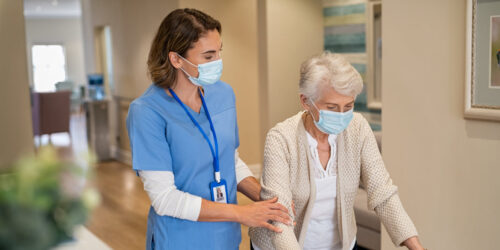How to Claim the NHS Uniform Tax Rebate
- Important points about the uniform tax rebate
- Get a tax rebate for uniform washing
- How the NHS uniform tax rebate differs to others
Receiving money for maintaining your uniform sounds like a bit of a fantasy, especially for hardworking NHS workers. In actuality, staff on the NHS can receive a fairly generous uniform tax rebate compared to the average person. As long as you aren’t provided with the means to wash your uniform or it isn’t paid for you, there’s no reason why you shouldn’t make use of it.
This article will go through what the NHS uniform tax rebate is, how it differs from other rebates and - most importantly - how you can claim it. You’ll need to be eligible first before you can claim tax relief on uniform upkeep, and you can check if you qualify here.
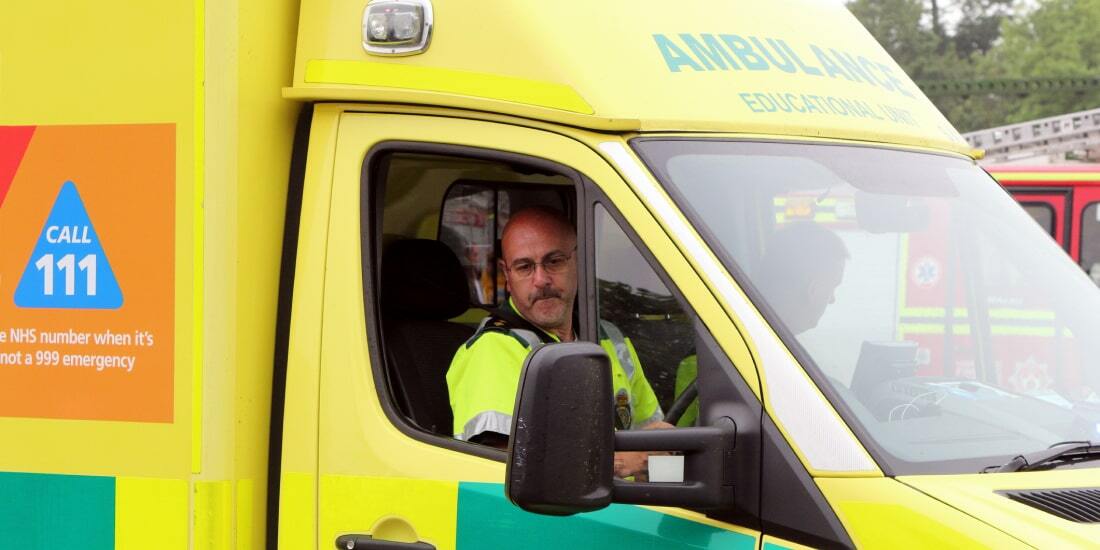
What's On This Page?
Click the links below and head straight to a specific section of the article.
What Is the NHS Uniform Tax Rebate?
Just like any other tax rebate for washing your uniform, the NHS equivalent entitles any worker to receive money back, but at a higher rate. Doctors, nurses, ambulance staff, orderlies, pharmacists and all other professions under the National Health Service have a specialist uniform that needs deep cleaning. The uniform tax rebate is meant to compensate you for doing this yourself. It works by claiming on a flat rate, which is different depending on your exact profession.
How Does It Differ to Other Jobs?
The majority of jobs that are unlisted by HMRC fall into the standard £60 flat rate category. While there are some specialist jobs that also come under this definition, NHS staff start at an elevated £80 flat rate, going all the way up to £185. This is also the same for employees working in private hospitals, so as long as you’re not self-employed, you can claim the uniform tax rebate.
How Much You Can Receive
Flat Rate Amounts
The flat rates for health workers are split across five categories. Ambulance staff are on the highest tier, followed by nurses, midwives, dental nurses, therapists and healthcare assistants. The third tier features orderlies, wards and catering staff, while the next section is reserved for pharmacists and laboratory staff. Finally, ground staff, security guards and receptionists come into the lowest tier.

Although the government website puts these into five categories, there’s only three different uniform tax rebate amounts you can claim. Take a look at the graph below to see how much you could receive.
Flat rates work as a yearly amount, and you can get even more tax relief depending on your tax band. If you’re a basic 20% rate taxpayer, you are entitled up to a £37 tax rebate for washing your uniform. It may not sound like much, but you can also backdate a claim by up to four years, effectively giving you the full £185 flat rate amount. Higher rate taxpayers can receive 40% of the uniform tax rebate flat rate.
All you have to do is take the flat rate for your occupation, divide it by 100 and then times it by your level of tax. For example, £80 divided by 100 is £0.80. Times this by a 20% taxpayer amount and you’ll get to £16, which is what you’ll receive for the year.
Backdating a Uniform Tax Rebate
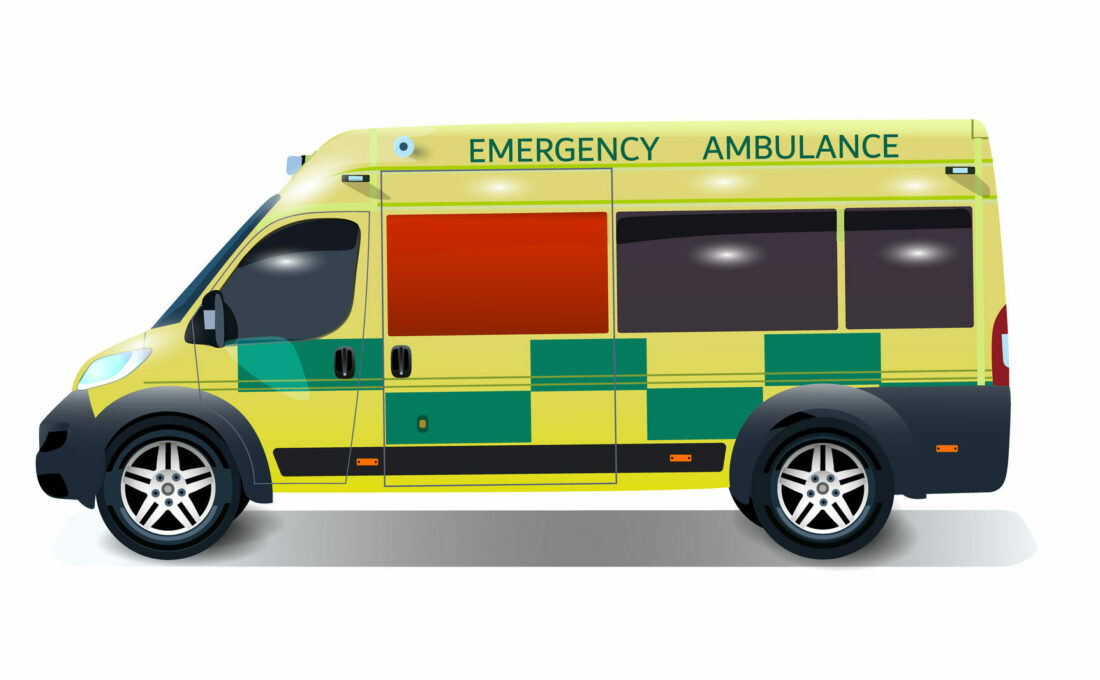
If you’re looking to backdate this rebate, it’s important you also qualify for the year(s) in which you’re claiming. As a bare minimum, you need to have paid income tax in any year you wish to make a claim, but other eligibility criteria apply. Tax rebates can only be backdated up to a maximum of four years.
Work It Out
You can always work out how much it costs you to maintain your uniform, but you must keep a record of any costs incurred. Receipts and any calculations must be sent off to HMRC in order for them to provide you with a heftier uniform tax rebate. Specialist forms will need to be filled in as well, which can be a cause for a headache. This is usually the reason why people opt for the flat rate instead.
Eligibility
Although the NHS uniform tax rebate is fairly universal, you still need to qualify to be able to receive it. The basic criteria are outlined below.

You can claim if you:
Are employed
Paid income tax in the year(s) you’re claiming
Pay for the upkeep of your uniform yourself
You cannot claim the uniform tax rebate if you:
Have been reimbursed by your employer for these costs
Are provided with the facility to wash your uniform (even if you choose not to use it)
Are self-employed
It’s also worth pointing out that you can’t make a claim for PPE. Your employer is legally obligated to provide you with this, whether they pay for it themselves or reimburse you for purchasing it.
Claim Your Uniform Tax Rebate
Different Options
You have a few options for making a claim. Depending on the avenue you choose, you can either fill in a P87 form, complete a self-assessment tax return or use a claims management company. Self-assessments are usually reserved for the self-employed or for those who are working out their actual uniform upkeep costs. The P87 uniform tax rebate form is completed via post, so you will need to be mindful of any delays you might face in processing your application.
Get It Done for You
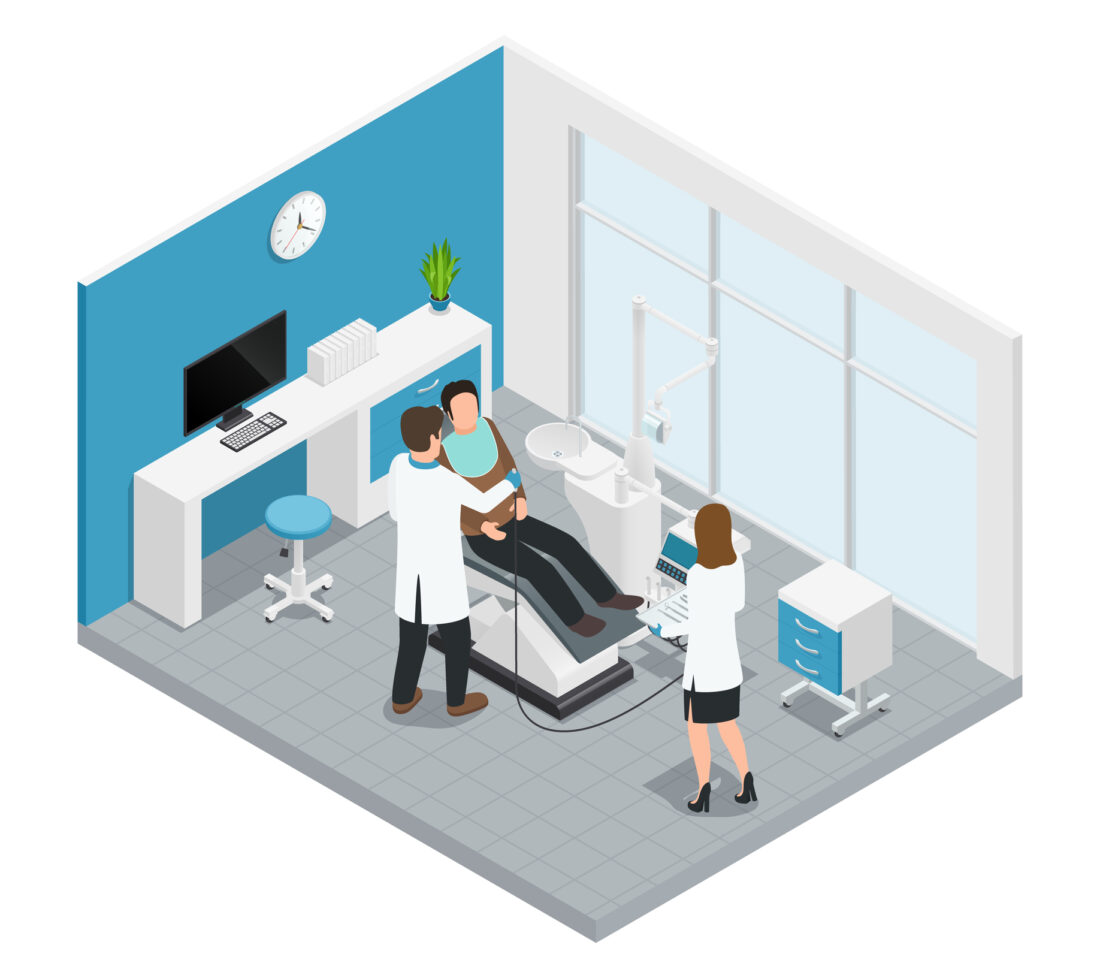
If you wish to use a claims management company, they can take all the hassle off your hands. These companies - trusted third parties we work with - liaise with HMRC on a daily basis, and they know these claim processes like the back of their hand. When a claims company processes your application for a uniform tax rebate, they know how much you can be entitled to and will ensure you get the full amount.
For those without spare time on their hands, such as people who work long and late shifts on a regular basis, you can have your claim processed for you while you carry on with everything else on your agenda. This can be even more useful if you’re close to the end of a tax year and won’t have time to make a tax rebate for washing your uniform. With every financial tax year that passes, you lose out on an extra year that you could have claimed on.
Getting your claim in early can avoid disappointment, especially if you are backdating it. Claims that are backdated are usually paid out in a lump sum. As an ambulance worker, this could give you an immediate £185, which includes the current tax year as well.
Related articles

Martin Lewis Urges People to Check If They Can Claim £60 Uniform Tax Rebate

Healthcare Workers Could Be Entitled to a Tax Refund

How Long Does a Uniform Tax Rebate Take?

Can I Claim Tax Back for Washing My Uniform?

Go Green With Your Laundry - Tips to Save Money and the Planet

Uniform Tax Refund: Top 5 Things You Need To Know Before Making A Claim
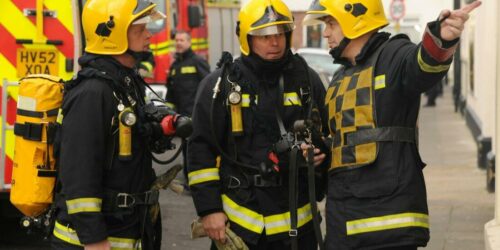
Claim Tax Relief for Job Expenses Like Laundering Uniform

How to Claim Uniform Tax Rebate
